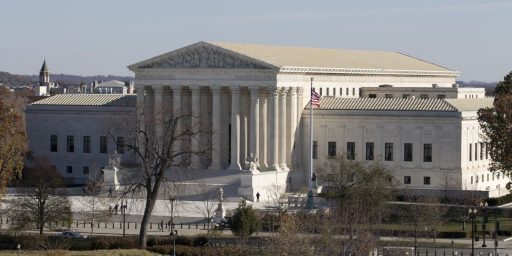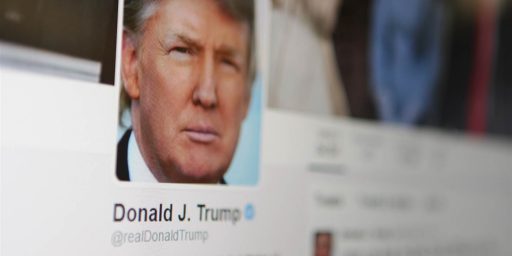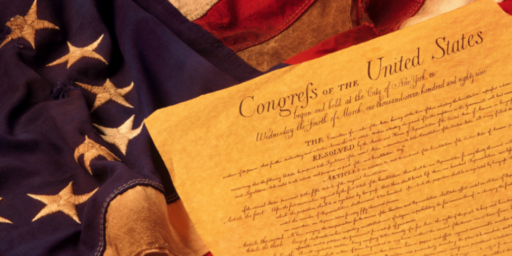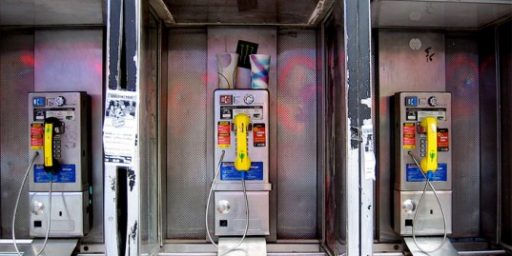Unreasonable Propriety?
Vague terms of use.

UCLA law professor Eugene Volokh quips,
I’m at a conference at a public university, and I’m using the WiFi system; I checked the terms of use, and saw that “By clicking ‘Accept'” (as I did) I “agree that … [my] use and activity [related to the network, presumably] will conform to reasonable expectations of propriety.” OK then!
I think that WiFi access provided by government bodies, such as public universities, government-owned airports, and the like, is a “limited public forum” in which speech restrictions are constitutional only if they are viewpoint-neutral and reasonable; and a “conform to reasonable expectations of propriety” proviso is too vague to be reasonable (see Minnesota Voters Alliance v. Mansky (2018)). One day I might challenge one such policy, but probably not today ….
I have no opinion on whether WiFi access is a public forum but will defer to Volokh as a subject matter expert. My instinct upon reading “reasonable expectations of propriety” was that it was a polite way of asking people not to watch pornography at the venue, which offhand strikes me as a reasonable, if perhaps not viewpoint-neutral, request.






Lol, I had the same thought as you James.
I remember when I was at UC Santa Cruz and one of the terminals in the library was used for a porn site. No one wanted to sit at that terminal and delete the site, I guess we were all waiting for a library employee to have to do the awkward action of resetting the terminal to delete the adult sites.
@inhumans99: I did most of my grad school while the reference librarian still surfed the web for you and printed out what you ordered, but, as an education major during my grad school days, I wouldn’t have wanted a porn site on my search history, even just to close it.
Based on snoozefests that characterize many conferences I’ve attended, it’s a win if porn can keep me from dozing.
My sense of such things was always to give the provider an out if someone does something, well, improper on the free WIFI. Like, “Hey, we told them not to do that thing and they agreed not to do that thing so if they did that thing, it’s entirely on them.”